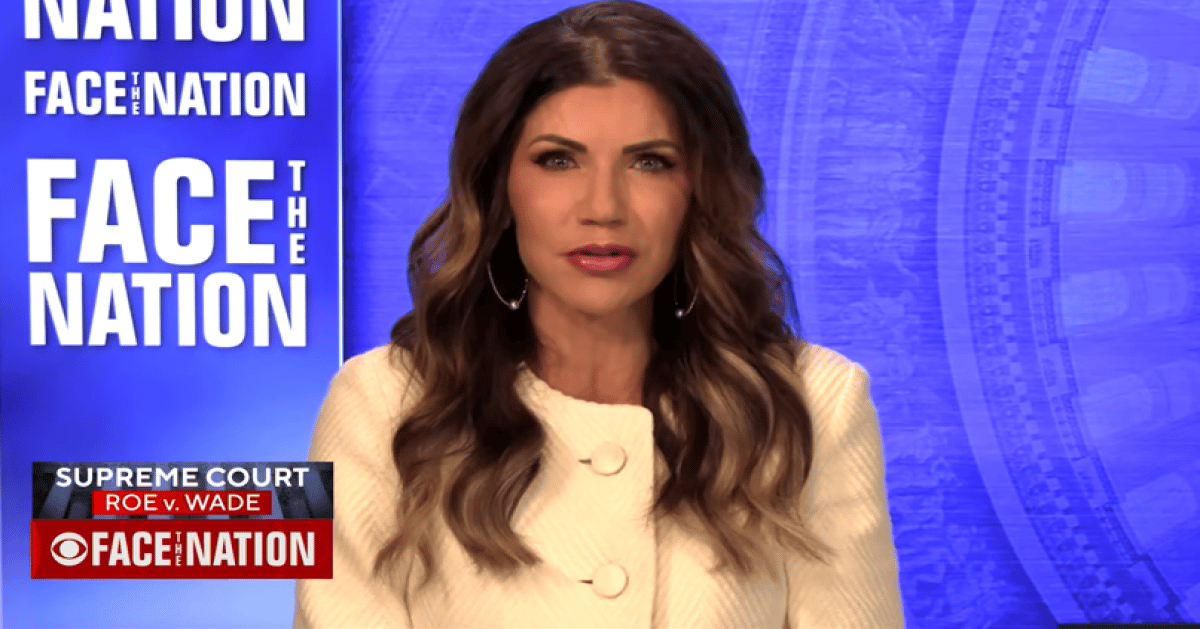





A federal immigration judge in Louisiana has dropped a bombshell ruling that could send Mahmoud Khalil, a legal permanent resident, packing to either Algeria or Syria.
Fox News reported that this decision, handed down on September 12, 2025, has ignited a firestorm of debate over free speech, national security, and the boundaries of immigration law. It’s a case that’s got everyone from activists to policymakers buzzing.
On September 12, 2025, Judge Jamee Comans ordered Khalil’s deportation, citing hidden details on his green card application, including an internship with the United Nations Relief and Works Agency (UNRWA) and connections to Columbia University Apartheid Divest, a campus group critical of Israel.
Let’s rewind to the beginning: Khalil’s troubles kicked off with his arrest by Immigration and Customs Enforcement (ICE) on March 8, 2025, right at his Manhattan apartment.
He was held in detention in Louisiana for over three months, a stint that must’ve felt like an eternity. It’s hard not to wonder if such a lengthy lockup was truly necessary for a paperwork dispute.
By June 2025, Khalil caught a break when U.S. District Judge Michael Farbiarz stepped in, ruling he wasn’t a flight risk or a public danger, paving the way for his release.
Farbiarz also put a temporary hold on the deportation, questioning whether the government’s moves were retaliation for Khalil’s political views. That’s a fair point—should speech, even controversial speech, cost someone their home?
Upon release, Khalil didn’t shy away from the spotlight, speaking to the press on June 21, 2025, at Newark Airport in New Jersey. He’d already made waves earlier, addressing the media during a pro-Palestinian protest briefing at Columbia University’s Morningside Heights campus on June 1, 2024. Clearly, this is a man who isn’t backing down from his cause.
Fast forward to the September ruling, and Judge Comans didn’t mince words, denying Khalil’s plea for relief and calling his application omissions deliberate.
Court documents, later unsealed and shared by the American Civil Liberties Union, spotlighted his activism ties as a key factor in the decision. To some, this smells like ideology trumping fairness.
Federal authorities, however, aren’t buying the victim narrative, arguing that Khalil’s undisclosed affiliations raised serious national security and foreign policy red flags.
In a world where trust is currency, they claim misrepresentations like these can’t be brushed off. But one has to ask: is this really about safety, or just a convenient excuse to silence dissent?
Khalil’s legal team isn’t taking this lying down, confirming plans to appeal the ruling to the Board of Immigration Appeals. They’re framing this as a civil rights showdown, a battle over whether the government can punish someone for their beliefs under the guise of immigration law. It’s a compelling argument, even if you don’t buy into their worldview.
Adding fuel to the fire, Khalil was spotted back at an anti-Israel protest at Columbia University after his release. Some might call that bold; others might say it’s poking the bear when you’re already in hot water. Either way, it shows he’s not about to fade into the background.
Let’s not ignore Khalil’s own words on the matter: "It is no surprise that the Trump administration continues to retaliate against me for my exercise of free speech."
That’s a bold accusation, painting this as a personal vendetta rather than a legal proceeding. But let’s be real—tying this to an administration’s agenda feels like a stretch when the facts point to a judge’s independent ruling based on documented omissions.
The core of this case boils down to a clash of values: on one side, the government’s duty to enforce immigration laws and protect national interests; on the other, an individual’s right to express controversial opinions without fear of losing everything.
It’s a tightrope walk, and not everyone will agree on where the balance lies. Still, the idea of deportation over activism ties feels like a slippery slope.
Conservative minds might argue that rules are rules—if you fudge your application, you face the consequences, no matter how noble your cause.
Yet, there’s a nagging concern here about overreach; punishing speech through immigration policy could chill honest debate, something even the most hardline patriot should value. It’s a tough call, and the appeal process will likely keep this in the headlines.
For now, Khalil’s fate hangs in the balance as his legal team gears up for the next round. The Board of Immigration Appeals will have to weigh whether Judge Comans’ ruling holds water or if it oversteps into punishing protected expression. That’s no small task in today’s polarized climate.



